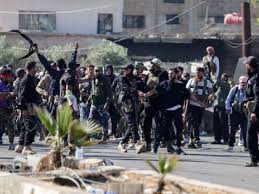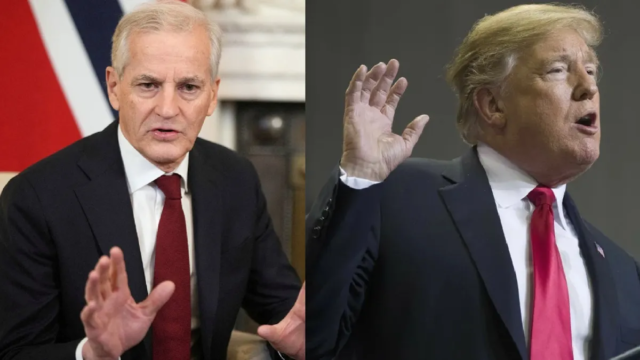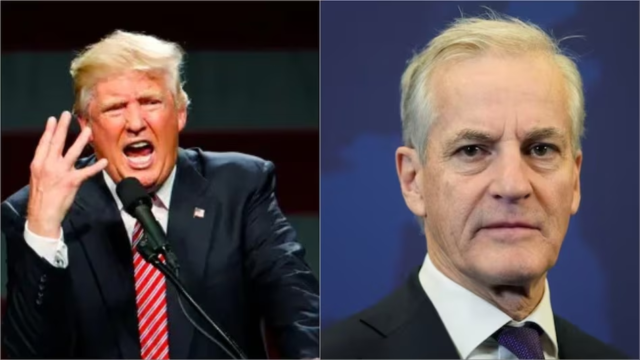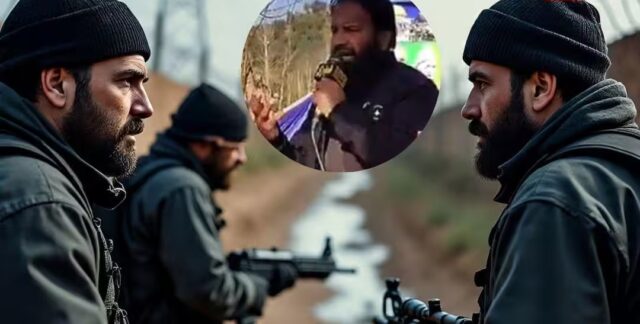Sectarian violence escalates in Syria’s Suweida, 940 killed

b
Fierce sectarian clashes continued in Syria’s southern region of Sweida on Saturday, with mortar explosions and machine gun fire reverberating through villages and the city, even as the Islamist-led government made efforts to enforce a ceasefire.
Witnesses reported hearing heavy gunfire inside the city of Sweida and seeing shells fall in nearby areas. Authorities have not yet confirmed any new casualties in Saturday’s violence, which comes after a week of bloody fighting that has left hundreds dead.
The government had already announced the deployment of security forces in the area to quell the unrest and called on all relevant groups to cease hostilities. Late Saturday, the interior ministry claimed that clashes within the city had stopped and Bedouin tribal fighters had been dispersed following the deployment.
However, the death toll in fighting that has continued around Sweida since last week has reached at least 940, according to the Britain-based Syrian Observatory for Human Rights. The figure could not be independently confirmed.
Interim President Ahmed al-Sharaa credited “Arab and American” efforts for temporarily easing tensions before violence flared again. He also condemned Israel for carrying out airstrikes earlier this week.
Sectarian violence is challenging the fragile post-Assad order
The conflict is the most serious test yet for the Islamist-dominated government. What began as clashes between the Druze community and Bedouin tribes soon spiraled into a wider conflict that saw government forces join in and confront Druze gunmen themselves. Residents reported clashes broke out again between Druze fighters and Bedouin groups on Saturday.
The escalating violence has prompted direct military intervention by Israel, which this week carried out airstrikes in southern Syria as well as on the defence ministry in Damascus. Israeli officials say their actions are to protect the Druze people, who are also a large minority in Israel.
However, there remains a sharp rift between Israeli and US policy on Syria. While Washington backs Shara’s government as a unifying force, Israel warns that the current leadership is dominated by extremist elements and poses a threat to minority communities.
In March, the Syrian army was accused of mass killings targeting the Alawite community, once Assad’s power base.
Tensions have escalated as diplomacy has failed to stop the bloodshed
In a televised address on Saturday, Shara declared an “immediate ceasefire” and urged all sides to end the fighting. “The Israeli intervention has pushed the country into a dangerous phase that threatens its stability,” he said. He also said, “Syria will not become a testing ground for division, secession or sectarian incitement.” The interim president accused Druze militants of carrying out revenge attacks on Bedouin groups.
Israeli Foreign Minister Gideon Saar responded sharply, accusing Shara of colluding with violent elements. “In al-Shara’s Syria, it is very dangerous to be a member of a minority community—be it Kurd, Druze, Alawite or Christian,” he wrote on X.
Meanwhile, U.S. envoy Tom Barrack announced that both Syria and Israel had agreed to a ceasefire. Barrack, who serves as both ambassador to Turkey and Washington’s Syria envoy, urged all communities—Druze, Bedouin, Sunni and others—to “forge a new and united Syrian identity.”
Despite this diplomatic progress, Israeli airstrikes have continued to target Syrian military installations for the past seven months. On Friday, an Israeli official said Syrian forces had been allowed limited entry into Sweida for 48 hours.
On the ground: Civilian suffering mounts
The death toll in the region is rising rapidly. Mansour Namour, who lives near the town of Sweida, said mortar shells kept falling near his village. “At least 22 people were injured,” he said.
Hospitals inside the city are full
“All the injuries are from bombs, some people have chest injuries. There are also injuries to organs from shrapnel,” Omar Obaid, the director of a local hospital, said, describing chaos and packed wards.
As Sweida grapples with weeks of violence, the prospect of a lasting ceasefire remains uncertain – raising fears that further sectarian bloodshed could push the country into further chaos.







